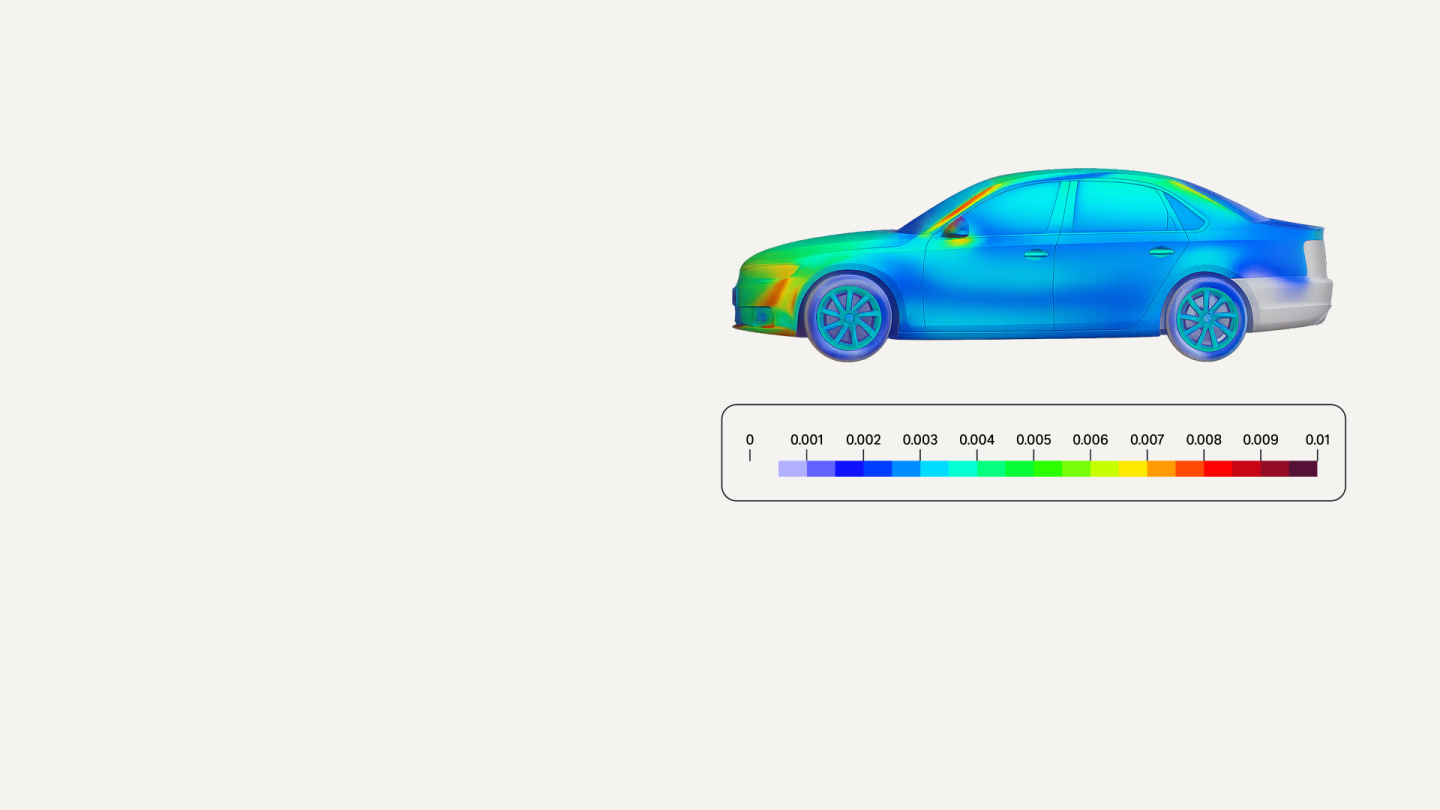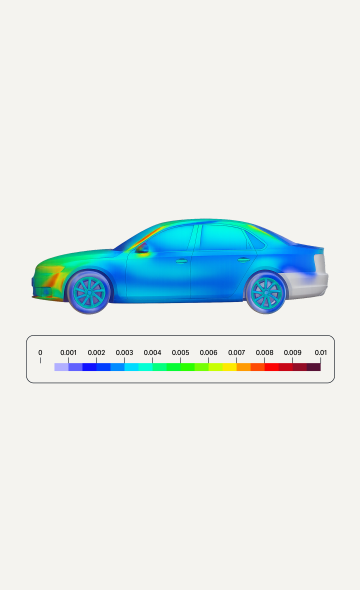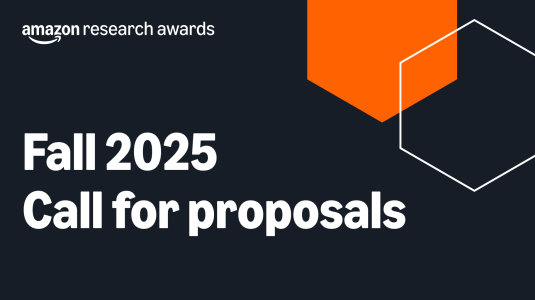Customer-obsessed science


Research areas
-
September 2, 2025Audible's ML algorithms connect users directly to relevant titles, reducing the number of purchase steps for millions of daily users.
-
-
Featured news
-
2025Existing Reward Models (RMs), typically trained on general preference data, struggle in Retrieval Augmented Generation (RAG) settings, which require judging responses for faithfulness to retrieved context, relevance to the user query, appropriate refusals when context is insufficient, completeness and conciseness of information. To address the lack of publicly available RAG-centric preference datasets and
-
2025Predicting the user’s shopping intent is a crucial task in e-commerce. In particular, determining the product category, which the user wants to shop, is essential for delivering relevant search results and website navigation options. Existing query classification models are reported to have excellent predictive performance on the single-intent queries (e.g. ‘running shoes’), but there is little research
-
2025Since the advent of large language models (LLMs), prompt engineering has been a crucial step for eliciting desired responses for various Natural Language Processing (NLP) tasks. However, prompt engineering remains an impediment for end users due to rapid advances in models, tasks, and associated best practices. To mitigate this, Automatic Prompt Optimization (APO) techniques have recently emerged that use
-
2025Recently, textual graph-based retrieval-augmented generation (GraphRAG) has gained popularity for addressing hallucinations in large language models when answering domain-specific questions. Most existing studies assume that generated answers should comprehensively integrate all relevant information from the textual graph. However, this assumption may not always hold when certain information needs to be
-
2025This paper presents a novel approach to building automated knowledge banks for Generative Business Intelligence (GenBI) systems, enabling natural language interfaces to organizational data without specialized engineering expertise. We demonstrate how dashboard definitions can be transformed into knowledge repositories that bridge the semantic gap between Large Language Models (LLMs) and organization-specific
Conferences
Academia
View allWhether you're a faculty member or student, there are number of ways you can engage with Amazon.
View all


































